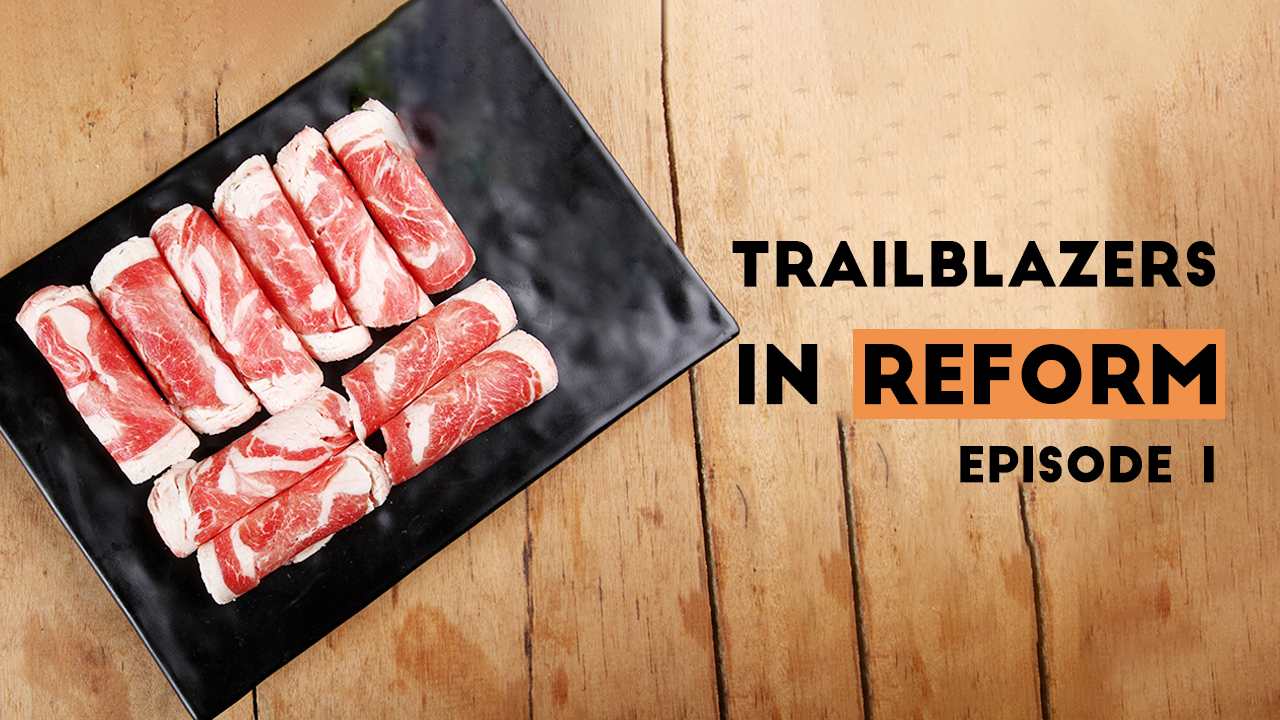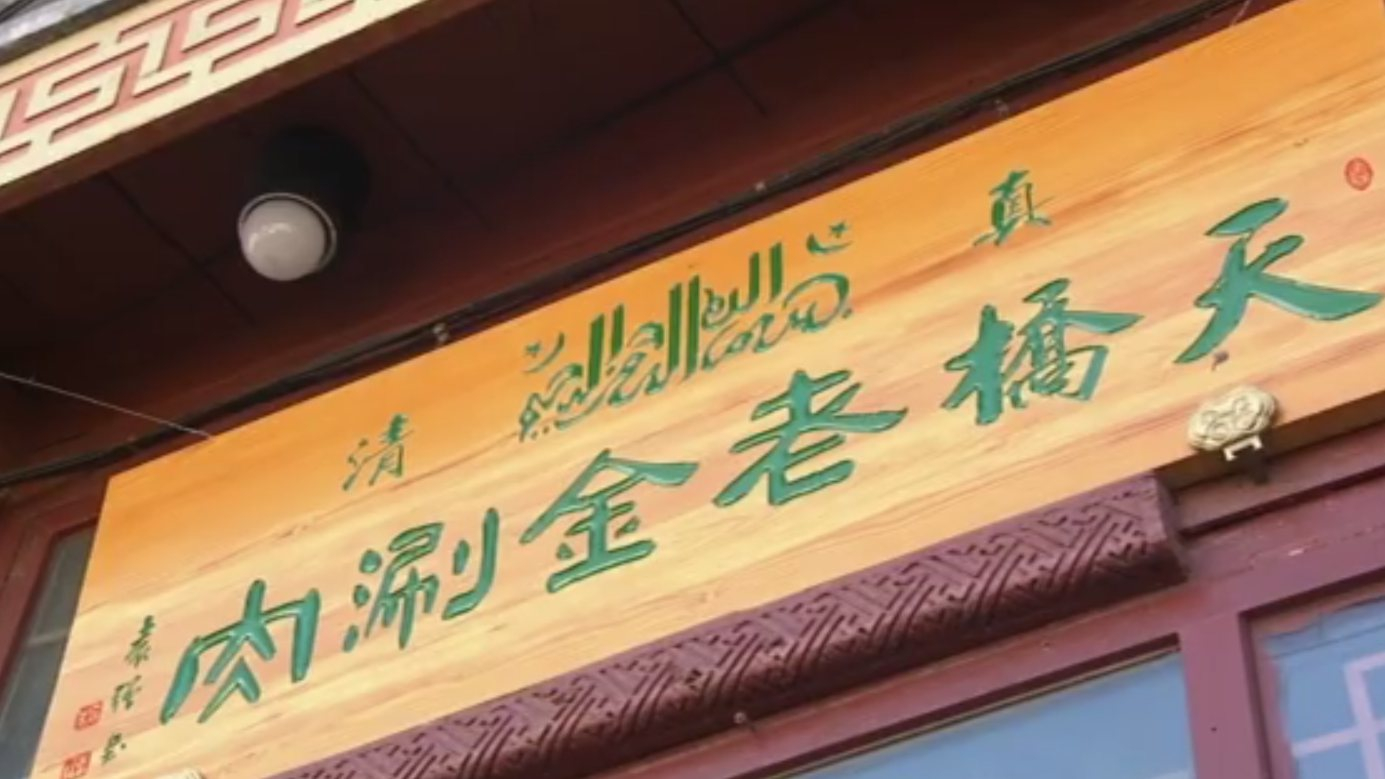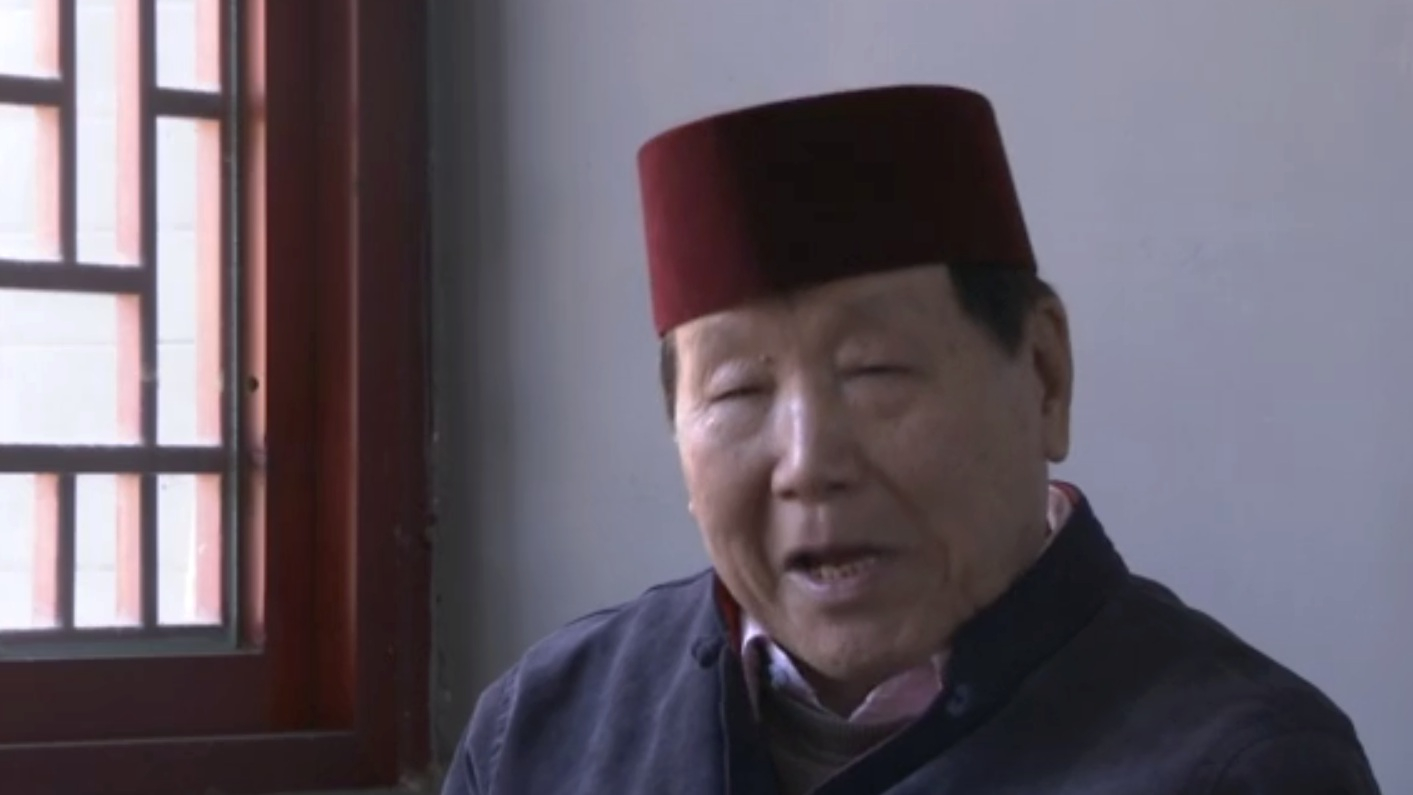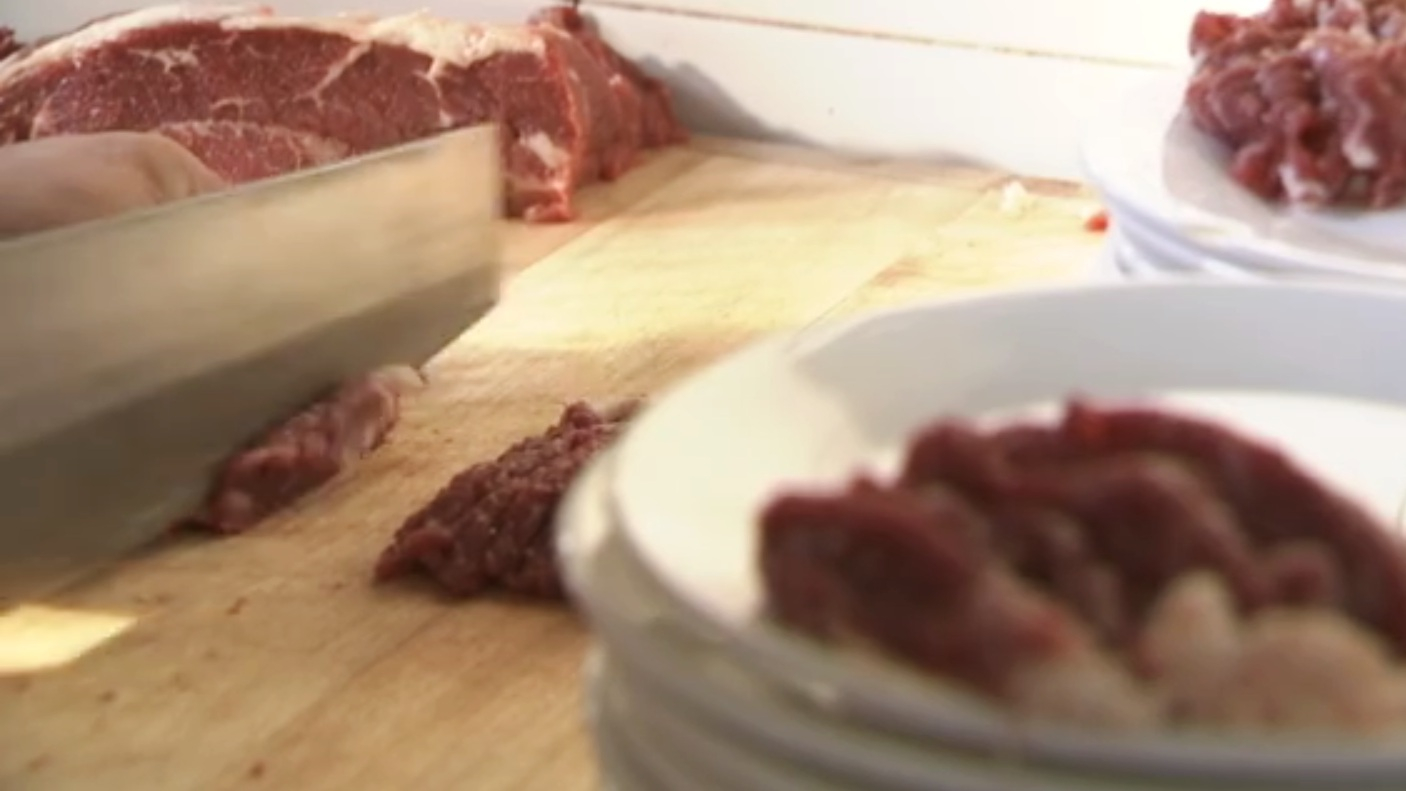
Business
20:51, 29-Oct-2018
Peking hot pot in changing times
Updated
20:40, 01-Nov-2018
CGTN
04:40

China's reform and opening up started 40 years ago. The move has helped countless private businesses thrive in the ensuing years, including many restaurants.
Restaurants these days have largely advanced from labor intensive to capital intensive operations. But there are some that still stick to traditional values.
Lao Jin Peking Hotpot is one such authentic enterprise serving traditional Beijing food, with only 10 tables and a simple menu that has not changed much in 30 years.
The owner, Jin Fucheng, or Lao Jin as locals call him, is now 84 years old, and he said that he was one of the bold ones to dip his toes into the water.
"I was an apprentice at Nan Lai Shun, a major halal Peking restaurant famous for lamb hotpot. I thought I had to promote this traditional dish. My two sifus (teachers), who treated me like a brother, supported my idea, and helped me start this hot pot restaurant in the '80s,” Lao Jin said.

Lao Jin Peking Hotpot Restaurant /CGTN Photo
Lao Jin Peking Hotpot Restaurant /CGTN Photo
Reservations are a must because Lao Jin's place is small, and the fresh hand-cut lamb is on limited offer. That attention to detail is what separates this place from the big restaurant chains that generally use frozen lamb.
"I run a small business. Small business is based on honesty," Lao Jin said, "Now we have customers from Shanghai and even Taipei."
Nowadays, China's hot pot scene is sizzling. Restaurant chains are going big and going public such as Haidilao and Xiabuxiabu. But the thought of expansion worries Lao Jin.
"We have thought of scaling up. But the challenge is how to maintain the quality of our food, wherever we open new restaurants. The biggest risk is that new franchises might not catch up with the quality," he said.

Jin Fucheng, founder and owner of Lao Jin Peking Hotpot Restaurant /CGTN Photo
Jin Fucheng, founder and owner of Lao Jin Peking Hotpot Restaurant /CGTN Photo
Meanwhile, Lao Jin is also concerned about passing on the necessary culinary skills.
"Those culinary skills are not too tricky. But it takes years to master. My son learned them well… Now, people are after quick profits. They learn a little, then it's all about business interests. That's why when I try their food, it doesn't taste right."
Lao Jin's son, Jin Tao, said his father has other unique culinary knowledge that he wants to teach those who are interested, for free even. At the same time, he pointed out that authentic food cannot be mass produced without compromising the quality.

Fresh lamb is served in Lao Jin's restaurant. /CGTN Photo
Fresh lamb is served in Lao Jin's restaurant. /CGTN Photo
"We are not going to largely promote us online or do food delivery. Because it takes a lot of work to keep our meat fresh and hand-cut, we can only produce enough food for eat-in diners. We have to make sure they are prioritized or we lose our core customers. Also, we keep our profit margin at only around 40 percent, which is considered thin, so that more people around the neighborhood can afford to enjoy the authentic lamb hot pot," said Jin Tao.
Lao Jin said his restaurant is in the old neighborhood with the real Beijing vibe, and though the place looks humble, the food is authentic and that's what luxurious restaurants cannot offer.
"Look at those old Peking restaurants that have been there for decades, they are all humble and hidden deeply in hutongs (lanes) or courtyards. That's what makes diners feel like home," Lao Jin added.
And who doesn't like food that tastes like home? No matter how the times change.

SITEMAP
Copyright © 2018 CGTN. Beijing ICP prepared NO.16065310-3
Copyright © 2018 CGTN. Beijing ICP prepared NO.16065310-3